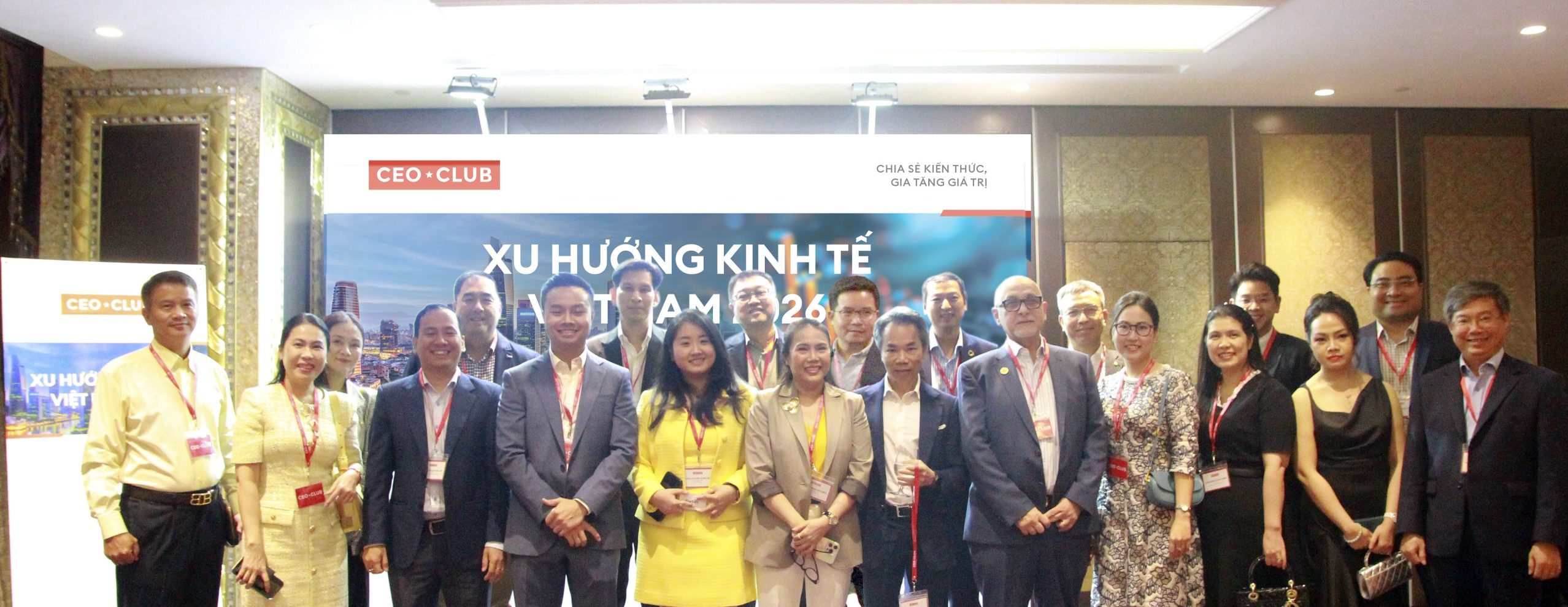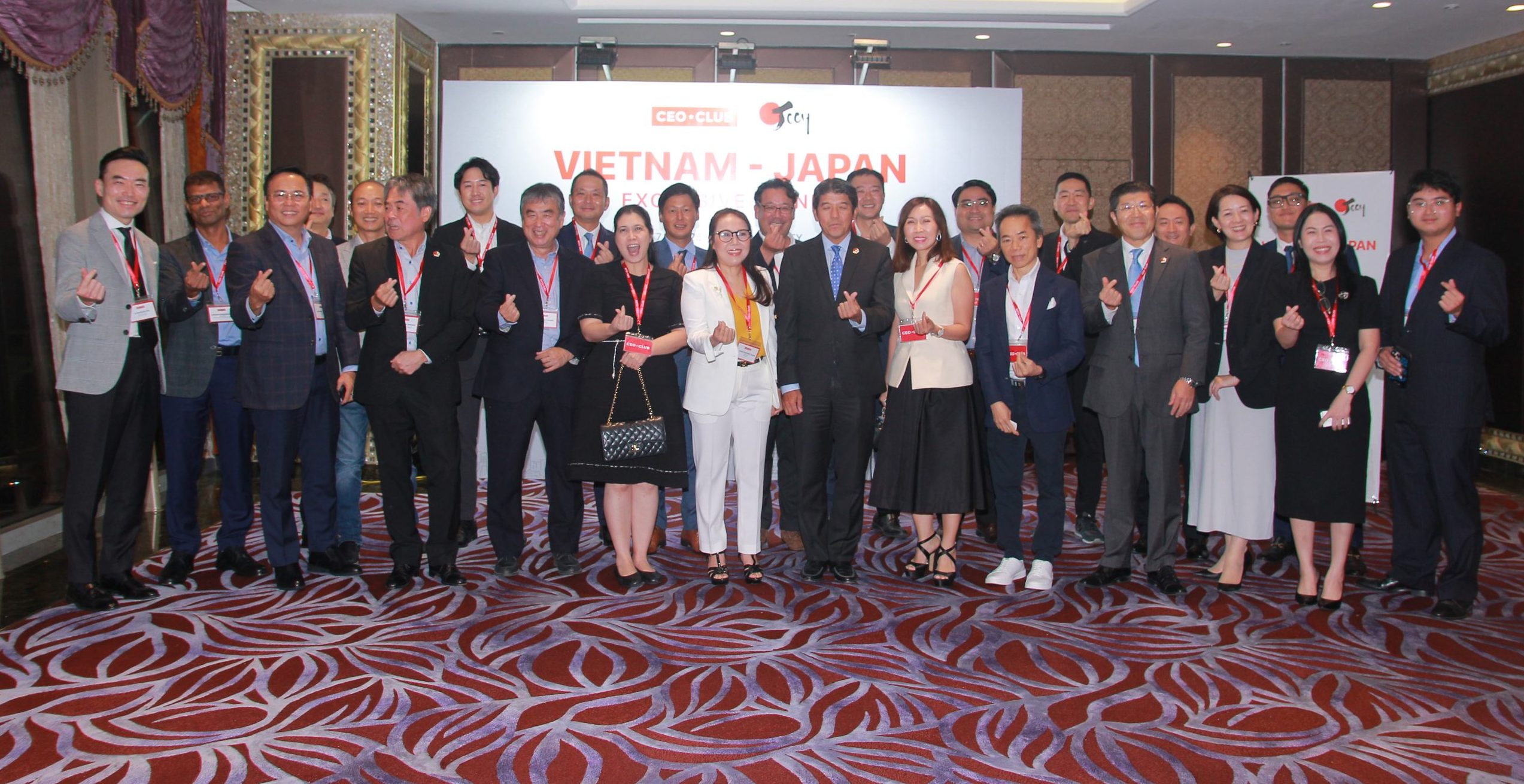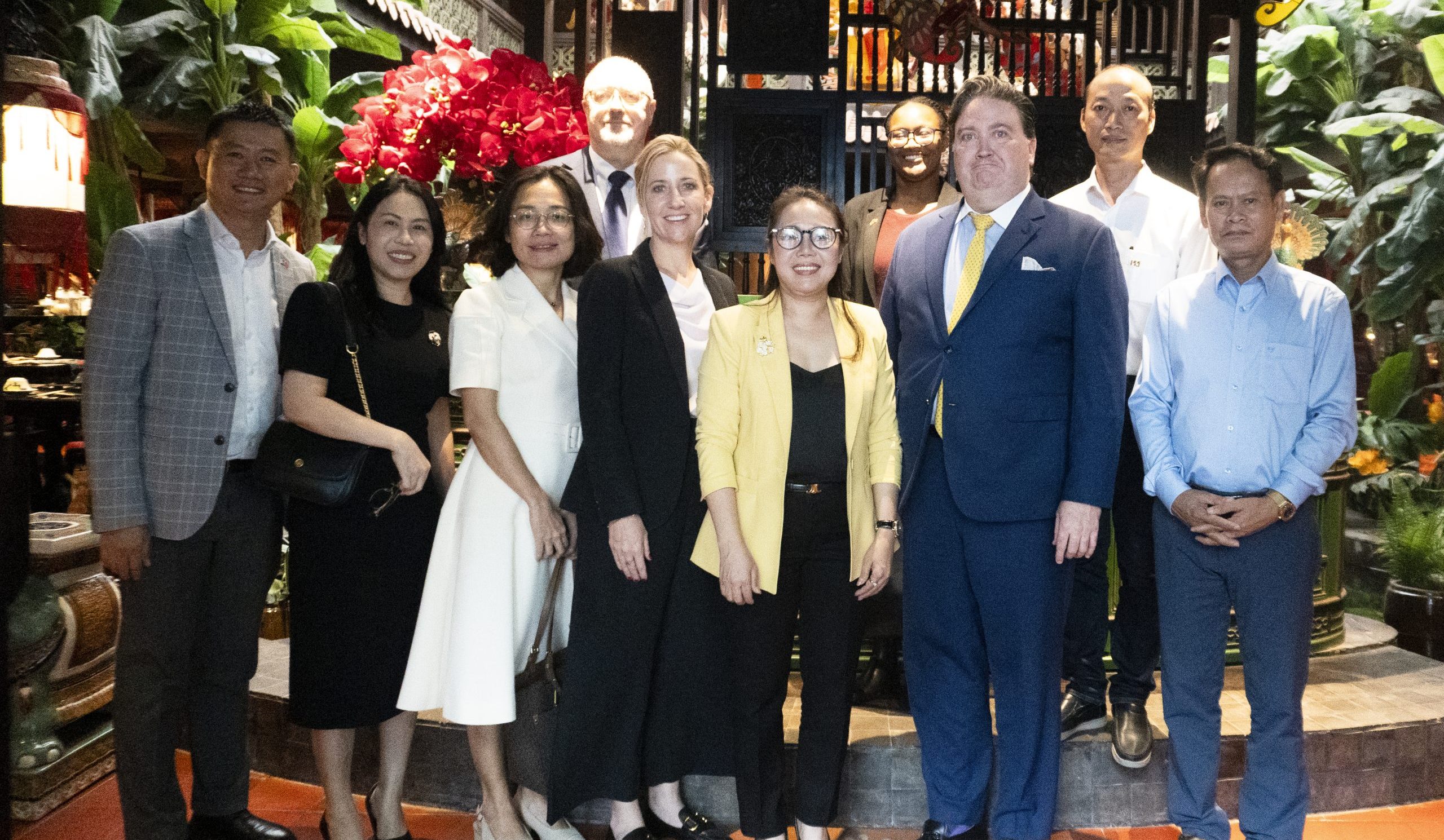“AI technology is currently in a boom phase, I feel like I’m falling behind,” the Indian billionaire said…

Silicon Valley tech billionaire Romesh Wadhwani, 75, is investing $1 billion of his personal fortune in AI technology
Silicon Valley tech billionaire Romesh Wadhwani recently celebrated his 75th birthday with 100 friends, reminiscing about his many career milestones and wishing he were 20 years younger again in this fast-moving new era of artificial intelligence.
“AI technology is currently in an explosive phase, I feel like I’m falling behind,” he said.
BET $1 BILLION OF PERSONAL ASSETS ON WHO CREATURES
Wadhwani has signed the Gates Buffet Giving Pledge, giving away the majority of his fortune, but $1 billion of his fortune is currently bet on generative AI technology. Wadhwani is currently the chairman and founder of investment firm SAIGroup with a portfolio of three enterprise AI software technology companies. “We are aiming to transform into an AI generation-first company,” he said.
From his headquarters at Stanford Research Park in Palo Alto, Wadhwani recounts some of the evolution cycles of AI over his 53-year career journey: from the 1970s as a concept, to robotics in the 1980s, to cloud computing and greater computing power in the 1990s, to the 2020s with the massive availability of data.
“After every wave comes an AI winter. Now, we are moving at lightning speed. What AI will bring in the next five years is what we have not been able to do in the last 50 years,” he said.
Market research firm Forrester forecasts spending on enterprise AI software will reach $60.4 billion globally by 2023 and grow to $227 billion by 2030 while GenAI will account for 55% of the market this AI software by the end of this decade. “There is a sense of urgency,” said Mike Gualtieri, vice president and principal analyst at market research group Forrester. Companies are afraid that if they do not use AI technology, they will lose their competitive advantage.”
According to Forrester, currently, more than half (53.5%) of large enterprises have adopted AI software, with a much smaller proportion of small and medium enterprises. Wider usage is forecast by Forrester by 2030.
Adobe CEO Shantanu Narayen, who knew Wadhwani among a group of successful Indian immigrants in Silicon Valley, praised Wadhwani as “very, very early adopter in the field of AI, before the craze.” This AI”.
WORK IN VERTIC INDUSTRY, SEARCH FOR NICHE MARKET
From the beginning, SAIGroup’s strategy was differentiation. “If we only do AI horizontally, Facebook and Google have already done it, so we have no chance to compete with the big guys. I have started businesses for the most important verticals where AI can deliver the most value,” Wadhwani said.
Wadhwani started building his enterprise AI software business in 2017, when he said the era of enterprise AI was still in its early stages. SymphonyAI has come together through a series of startups and acquisitions, positioning itself for retail, consumer packaged goods, financial services, manufacturing, media and the public sector.
Building on that momentum, he expanded his business with two more AI companies dedicated to the medical industry. ConcertAI, launched in 2018, is determined to focus on biotechnology. RhythmX AI, launched in October this year with a $50 million investment and run by CEO Deepthi Bathina, a former clinical product manager at Humana, is starting out as a GenAI-based platform for physicians and healthcare systems to provide personalized patient care.
Boston-based ConcertAI, which was spun off from SymphonyAI in 2018, grew revenue 35% to $160 million. Its mission is to accelerate cancer research and connect patients to clinical trials. Last year, ConcertAI raised $150 million in venture capital at a $1.9 billion valuation and has raised a total of $600 million.
Meanwhile, veteran tech executive Sanjay Dhawan, who previously ran Wadhwani-invested Symphony Teleca and was hired by Wadhwani in early 2022 as SymphonyAI CEO, said the company is close to This is already profitable and is reaching revenue of 500 million USD by 2023, increasing 30% each year. The goal is to bring SymphonyAI to the public within 18 to 24 months.
Forrester’s Gualitieri predicts that smaller vendors with specialized expertise may have an advantage in growing faster than large companies. But like previous new technology super cycles, the field is becoming increasingly crowded, even in the verticals where SAIGroup focuses.

Forrester forecasts spending on enterprise AI software will reach $60.4 billion globally by 2023 and grow to $227 billion by 2030.
“No one could have predicted that AI could do 80% of what it does today,” Wadhwani said.
Customers using the team’s AI SaaS tools are from the US, Europe and Asia, including grocery retailers, consumer packaged goods companies, financial services and pharmaceutical manufacturers as well like major corporate brands Procter & Gamble, Nationwide and Pfizer.
Supermarket chain Save A Lot recently selected SymphonyAI technology to better manage its supply chain after three years of evaluating suppliers. Data-driven retail technology “stands out as a best-in-class AI solution with a full suite of warehousing, supplier management and forecasting,” said chief information officer Jennifer Hopper.
Currently at the helm of SAIGroup and its three operating companies, Wadhwani says he spends 70-80 hours a week but still finds time to listen to music and read non-fiction books. He handles most calls and meetings from his mansion in the wealthy small city of Los Altos. “I feel like I’ve accomplished a lot, but I never had the grand vision of Elon Musk building a trillion-dollar electric vehicle business or completely changing space travel,” Wadhwani said. ”.
Preparing for an IPO that could happen within two years, SymphonyAI recently appointed three new board members: Blythe Masters, a British private equity executive and former JPMorgan Chase executive ; Daniela Rus, director of the MIT Computer Science and Artificial Intelligence Laboratory; and Todd Harbaugh, retired executive vice president of Walmart.
Meanwhile, Wadhwani is eyeing the long-term and ethical advancement of AI technology. Last April, he pledged to invest $5 million to establish the Wadhwani Center for AI and Advanced Technology at the think tank Center for Strategic and International Studies in Washington, D.C. The organization’s directive is to “help develop appropriate policies for AI governance,” he said, so that “AI optimism continues but with guardrails in place.”
Explain


